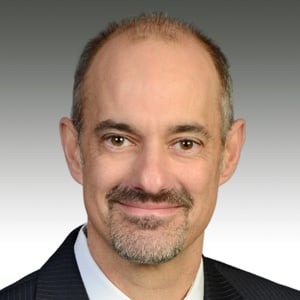
J. Saunders Wiggins, CFP®, AIF® CEO/President
As an update to our recent coverage of 401(k) plan lawsuits, the Supreme Court has ruled that plan sponsors have a duty to monitor investment options on a continuous basis. As we previously discussed in the Tibble v. Edison case, the central argument is whether or not Edison International breached its fiduciary duty by keeping retail share mutual funds when identical, lower cost institutional share mutual funds were available. Edison claimed that the original decision to include retail shares was made over 6 years prior to Tibble’s lawsuit, and therefore the claim shouldn’t be allowed based on statutory limitation.
The Supreme Court ruled in favor of Tibble, ruling that plan sponsors have a fiduciary duty to continuously monitor investments and fees. However, the Supreme Court did not make a determination as to how plan sponsors are supposed to proceed and the extent to which they should review investments and fees. The Supreme Court will leave that decision to a lower court.
While this may sound like the Supreme Court is saying plan sponsors should only have the cheapest investments and providers, that is not the case. In Tibble v. Edison, the conclusion is that the plan sponsor has a fiduciary duty to review investments, providers such as record keepers and financial advisors, and associated fees on a regular basis. The definition of what constitutes “regular basis” is not defined. The plan sponsor needs to have a documented process for its decision making.
Additionally, it is possible that a more expensive option is warranted. Certain mutual funds may provide specialized investment options that are more expensive to access, such as hedging techniques. Or a mutual fund’s investment process is better suited for a 401(k) plan’s participant demographics, such as lower risk dividend stocks. Providers may charge more for the level of services they provide. As such, the solution isn’t to find the cheapest, but to have a process for determining what is best for your plan and participants, and which providers can deliver those services at a reasonable price.


